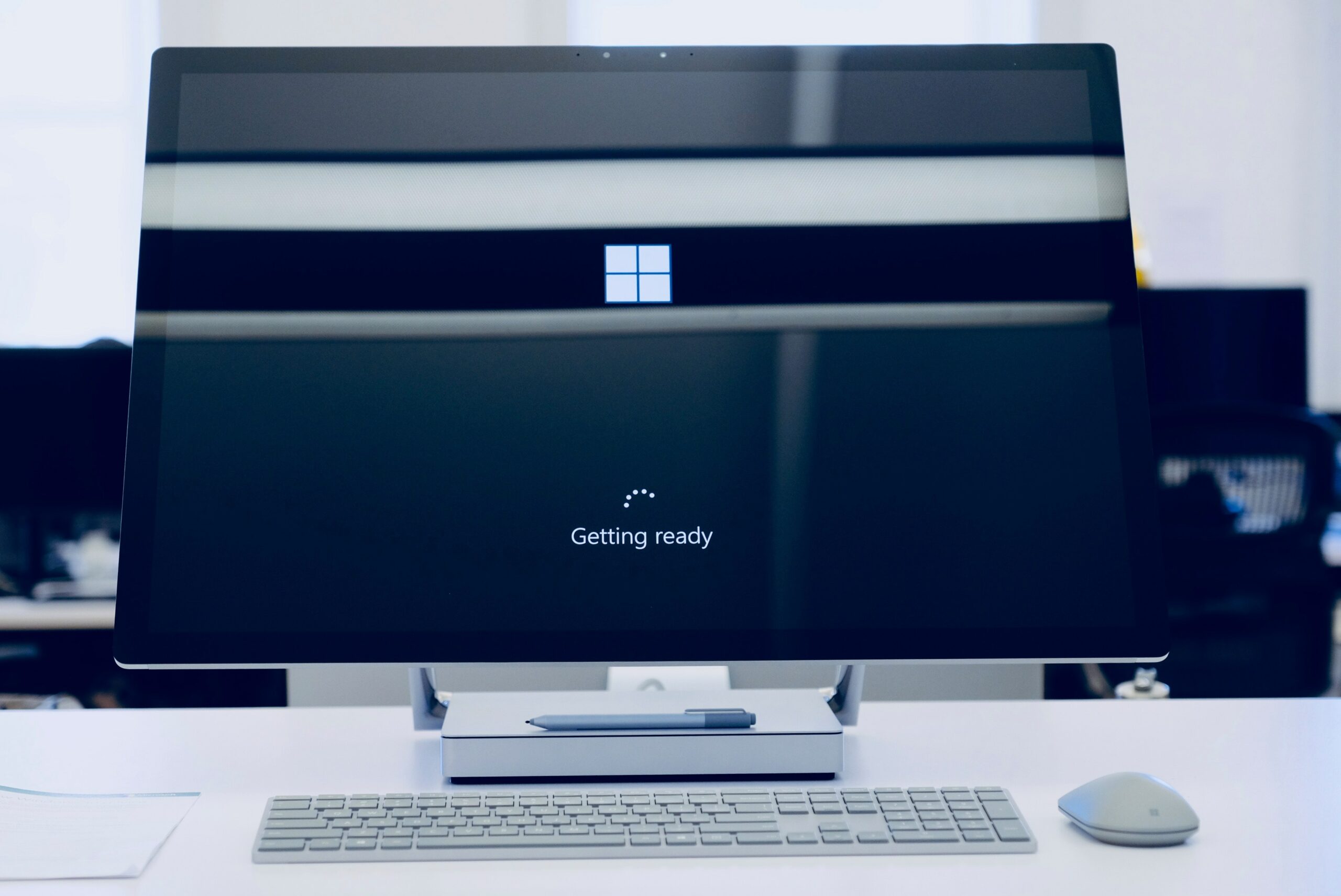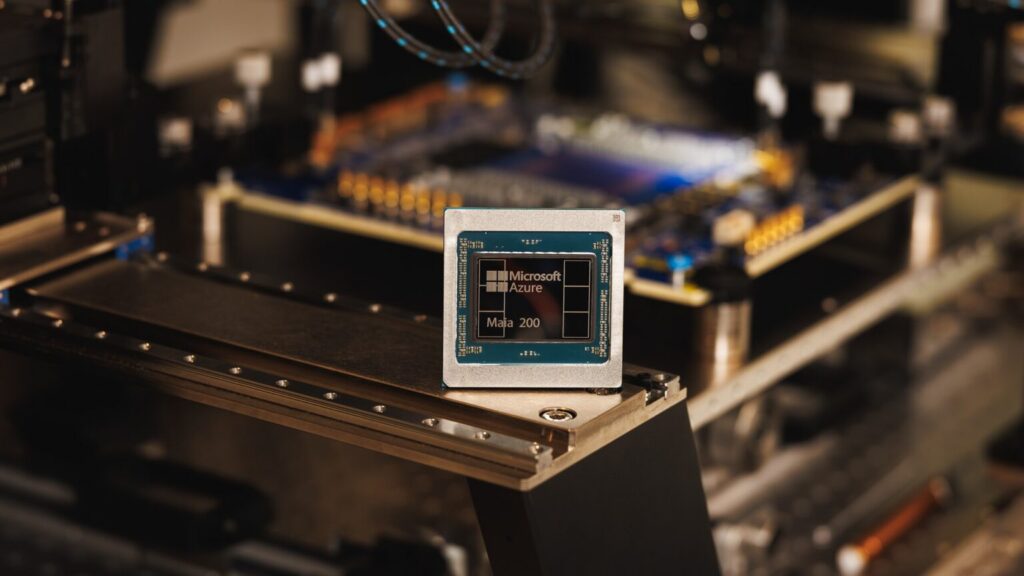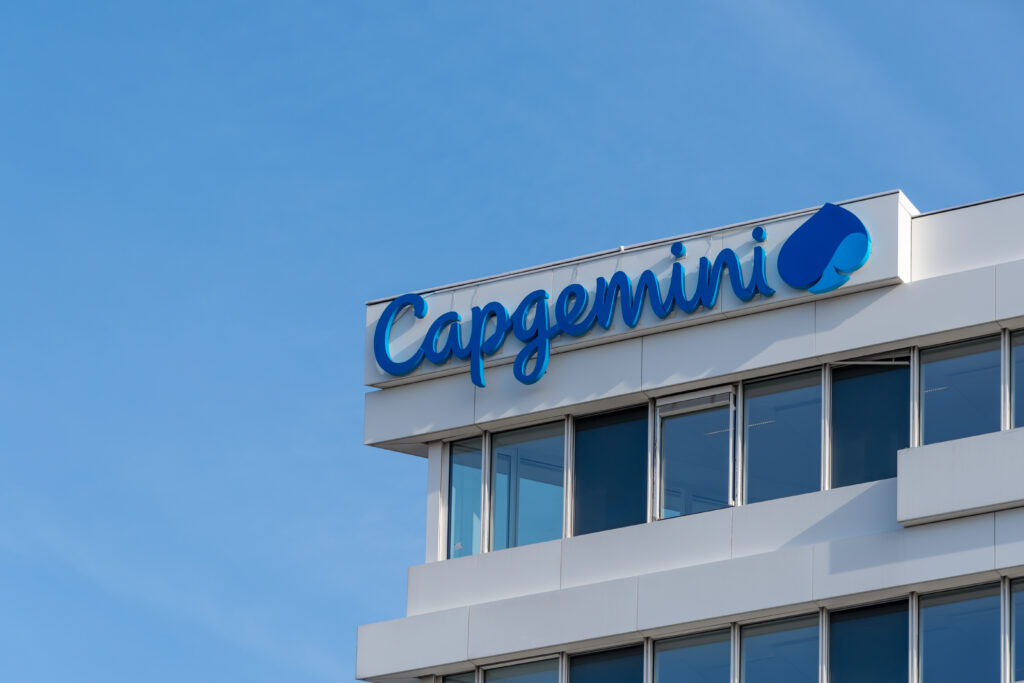Microsoft has announced the expansion of Bing with Chat Enterprise as part of a series of AI announcements made at its Microsoft Inspire event, including a new partnership with Capgemini.
Redmond is significantly enhancing Bing to reach new audiences with Bing Chat Enterprise, delivering AI-powered chat for work. According to the firm, with Bing Chat Enterprise, user and business data will be protected and not leak outside the organization. Chat data is not saved and Microsoft has no eyes-on access, meaning nobody can view the data. Whether researching industry insights, analyzing data or looking for inspiration, Bing Chat Enterprise will enable access to better answers, greater efficiency and new ways to be creative.
In addition to expanding to more audiences, Microsoft continues to build new value in Bing Chat by adding Visual Search in Chat, a new way to search now rolling out broadly.
As part of its broader effort to build visual features in Bing Chat, Microsoft is leveraging OpenAI’s GPT-4 model to let anyone upload images and search the web for related content. This way, by prompting Bing to tell you about a picture, it delivers information about the context of the image, interprets it and answers questions about it.
Microsoft and Capgemini team up to launch Azure Intelligent App Factory
With Capgemini, Microsoft has also announced the launch of Azure Intelligent App Factory, which aims to empower organizations to scale responsible and sustainable generative AI capabilities for their business at speed.
The Azure Intelligent App Factory, built on industry-specific digital cloud-based platforms and powered by the Microsoft Cloud, is designed to help organizations maximize their AI investments, realize advanced business value in existing applications and foster new innovations.
Comprising of three key elements, Digital Industry Platforms, Industry Assistants and Intelligent App Delivery Teams, the service aims to accelerate AI investments into production by controlling the security and industry compliance requirements, especially around handling of and access to data.
It also focuses on enterprise-wide adoption of generative AI, powered by Azure OpenAI Service, and encompasses use cases across industries, such as consumer products, life sciences, financial services, manufacturing and telecommunications.
Some of the identified use cases include content and design creation and analyzing network traffic patterns for improved cybersecurity, as well as developing human-like, conversational AI interactions and real-time, rapid-response marketing campaigns.
Aiman Ezzat, CEO of Capgemini, said on the collaboration: “Recent technological developments in generative AI present significant possibilities for organizations to innovate, yet still far too many AI projects never reach production. Capgemini is focused on delivering reliable, ethical and compliant solutions into the hands of the business, so our clients can leverage the full potential of their generative AI investments to achieve sustainable business value.”
Judson Althoff, EVP and chief commercial officer at Microsoft, said: “We’re thrilled that Capgemini’s new Azure Intelligent App Factory, built on the Microsoft Cloud, will enable customers across industries to quickly implement AI solutions, that allow employees to be more efficient and productive.
“Our collaboration with Capgemini will help customers experience generative AI applications in a safe and secure manner, so they can realize business transformation and growth.”




